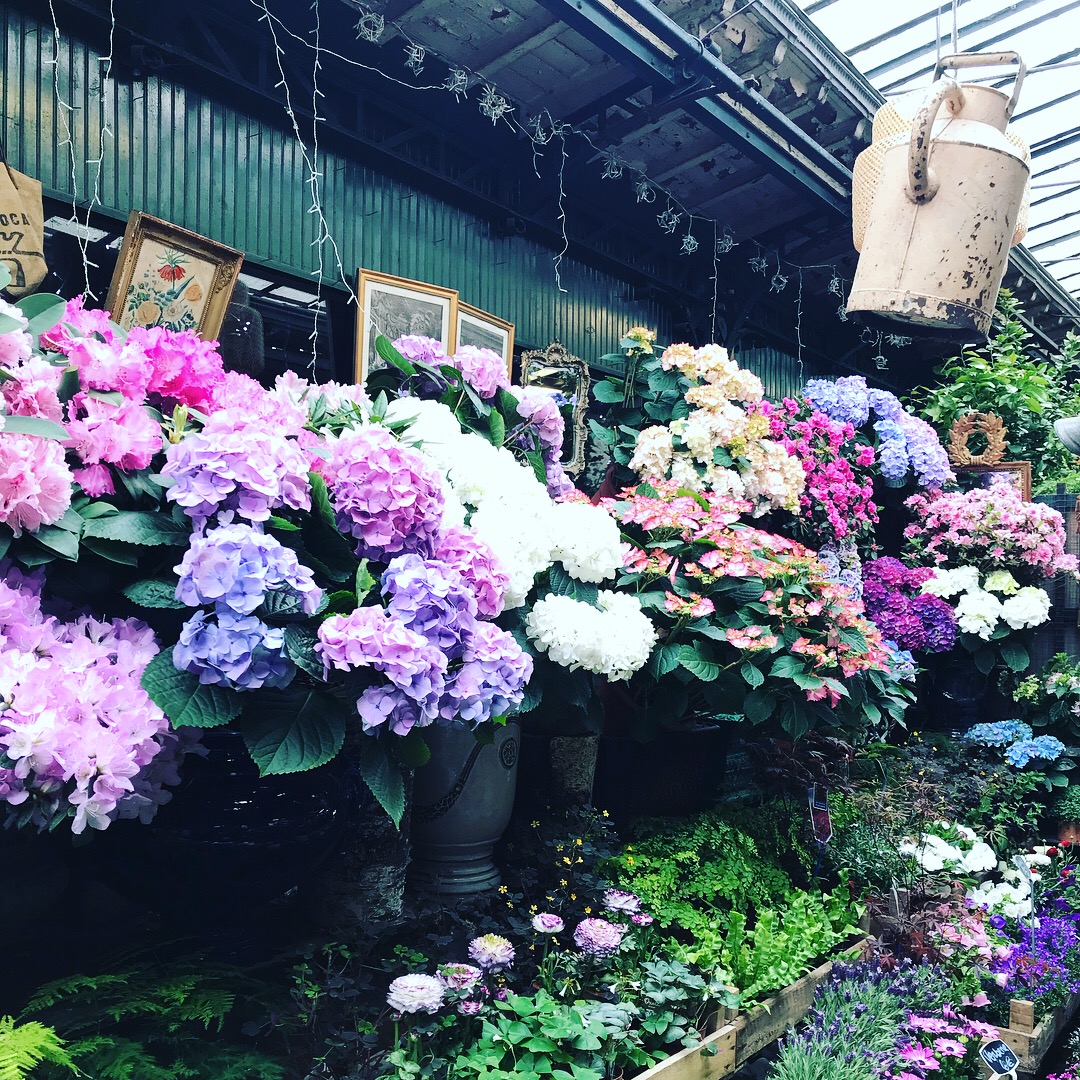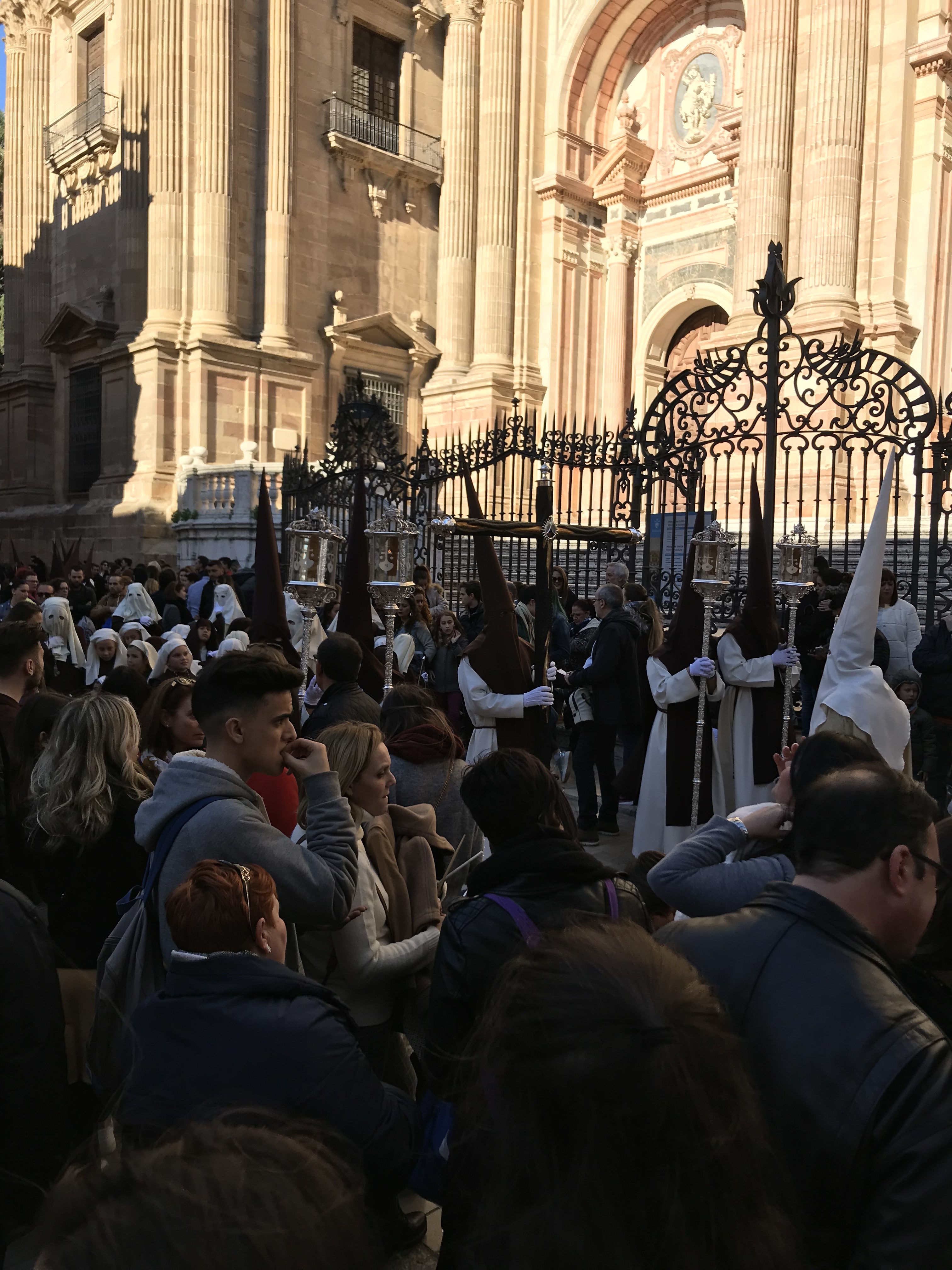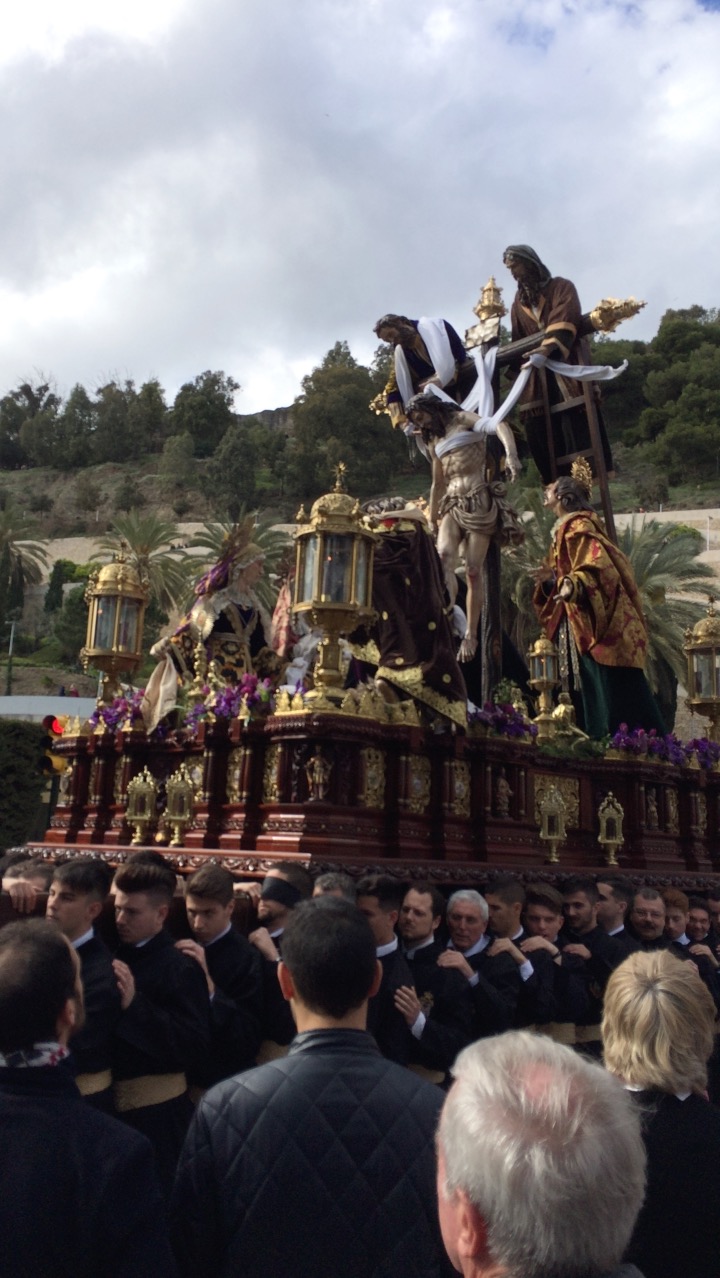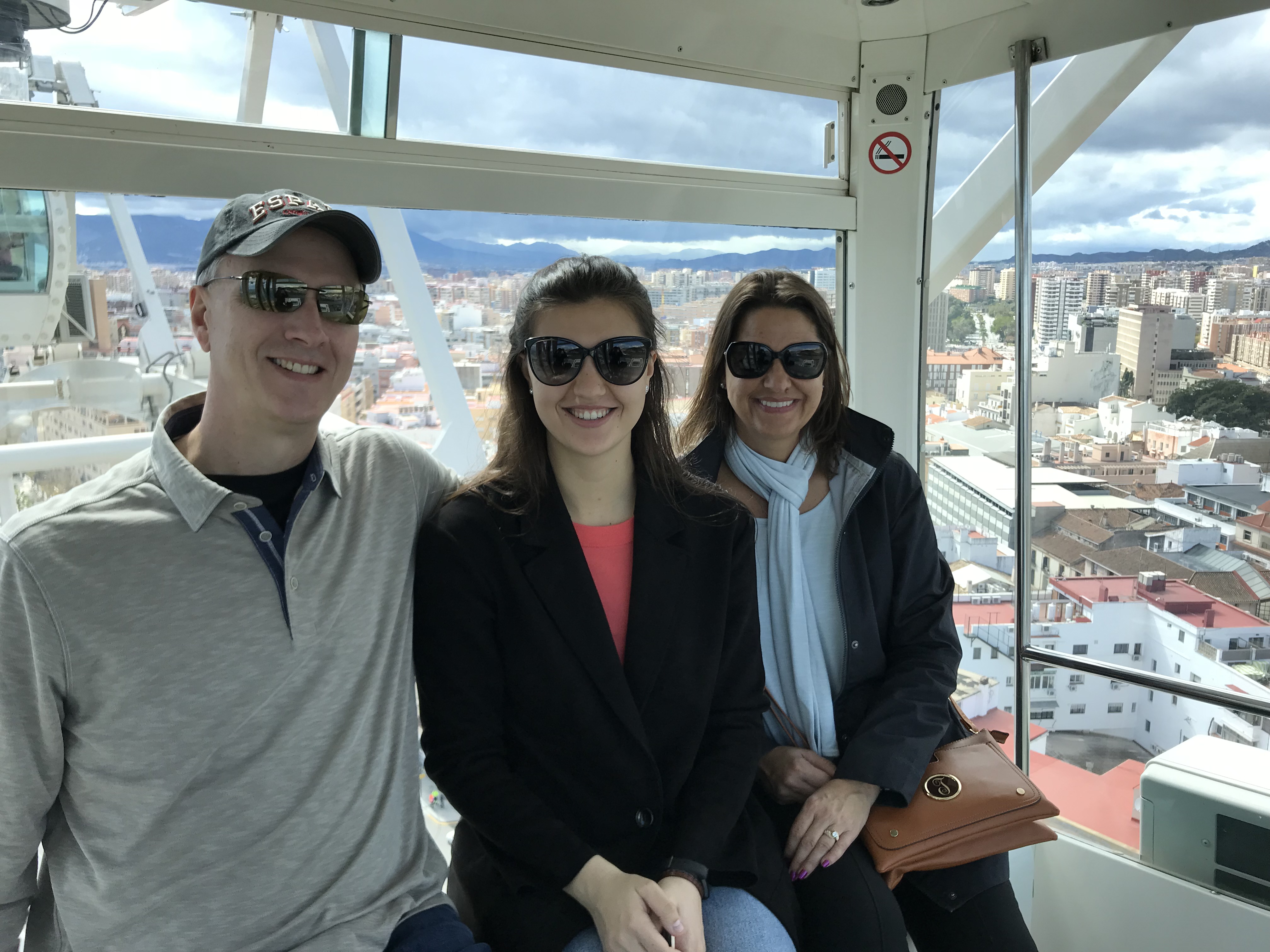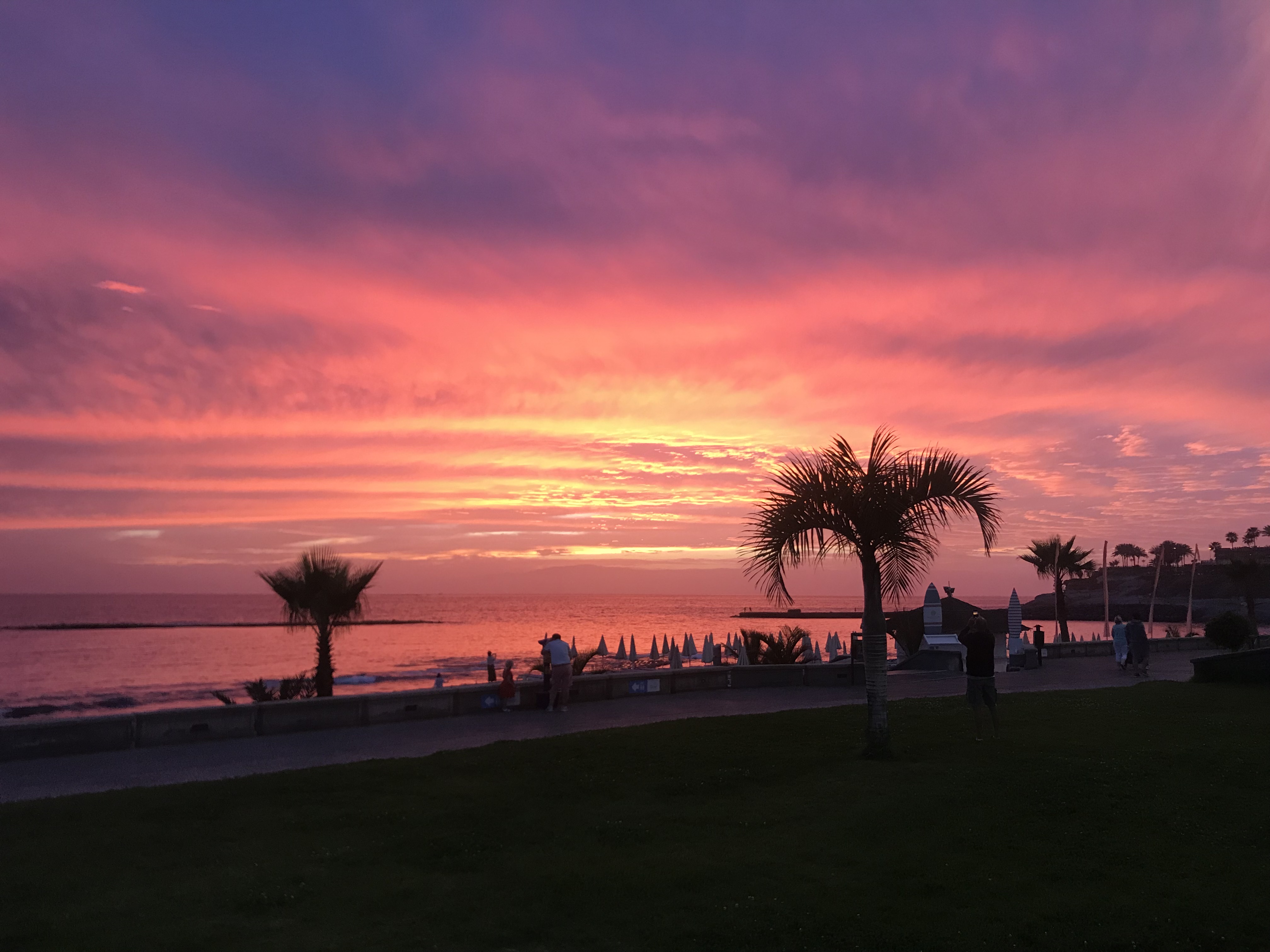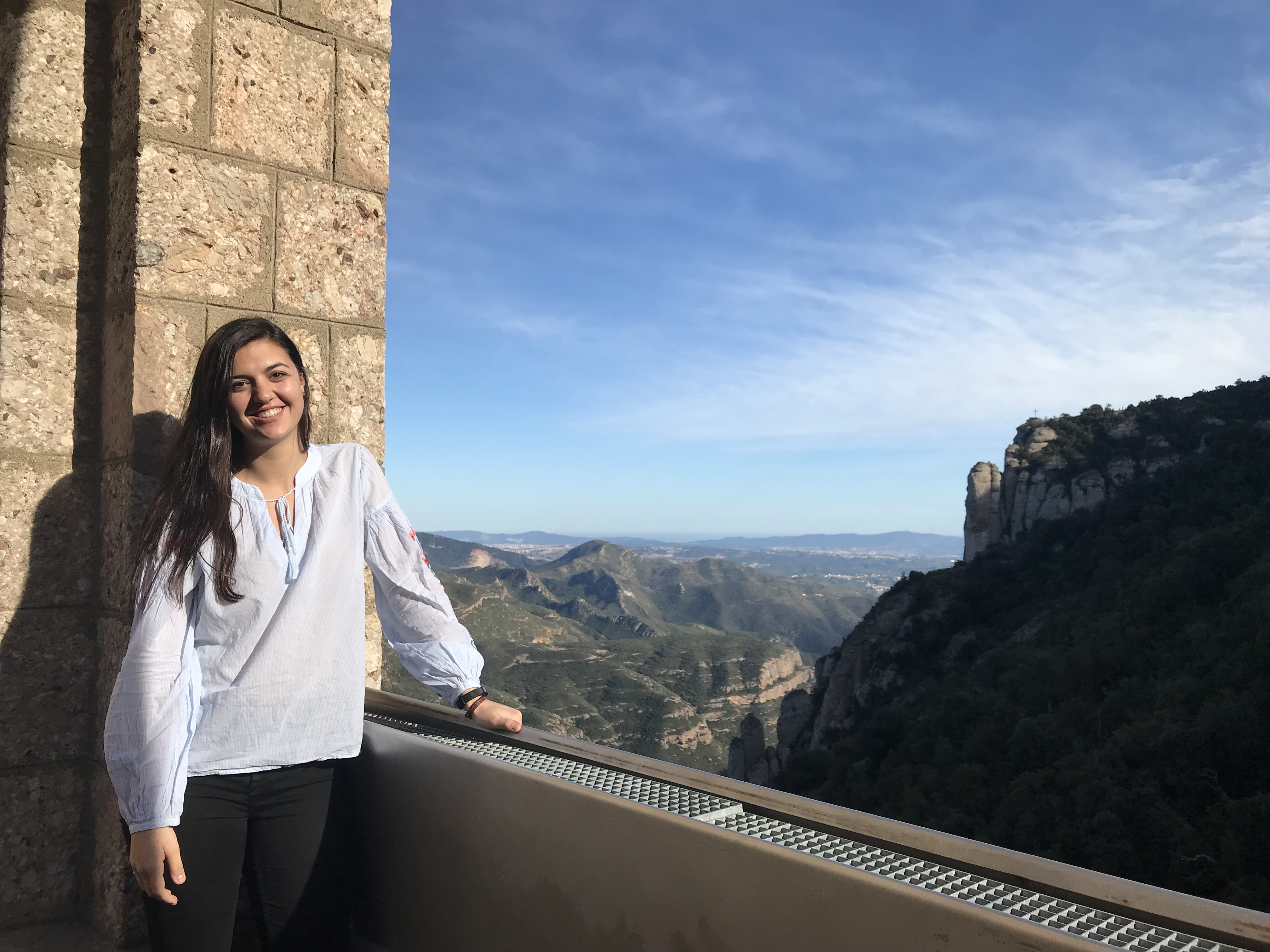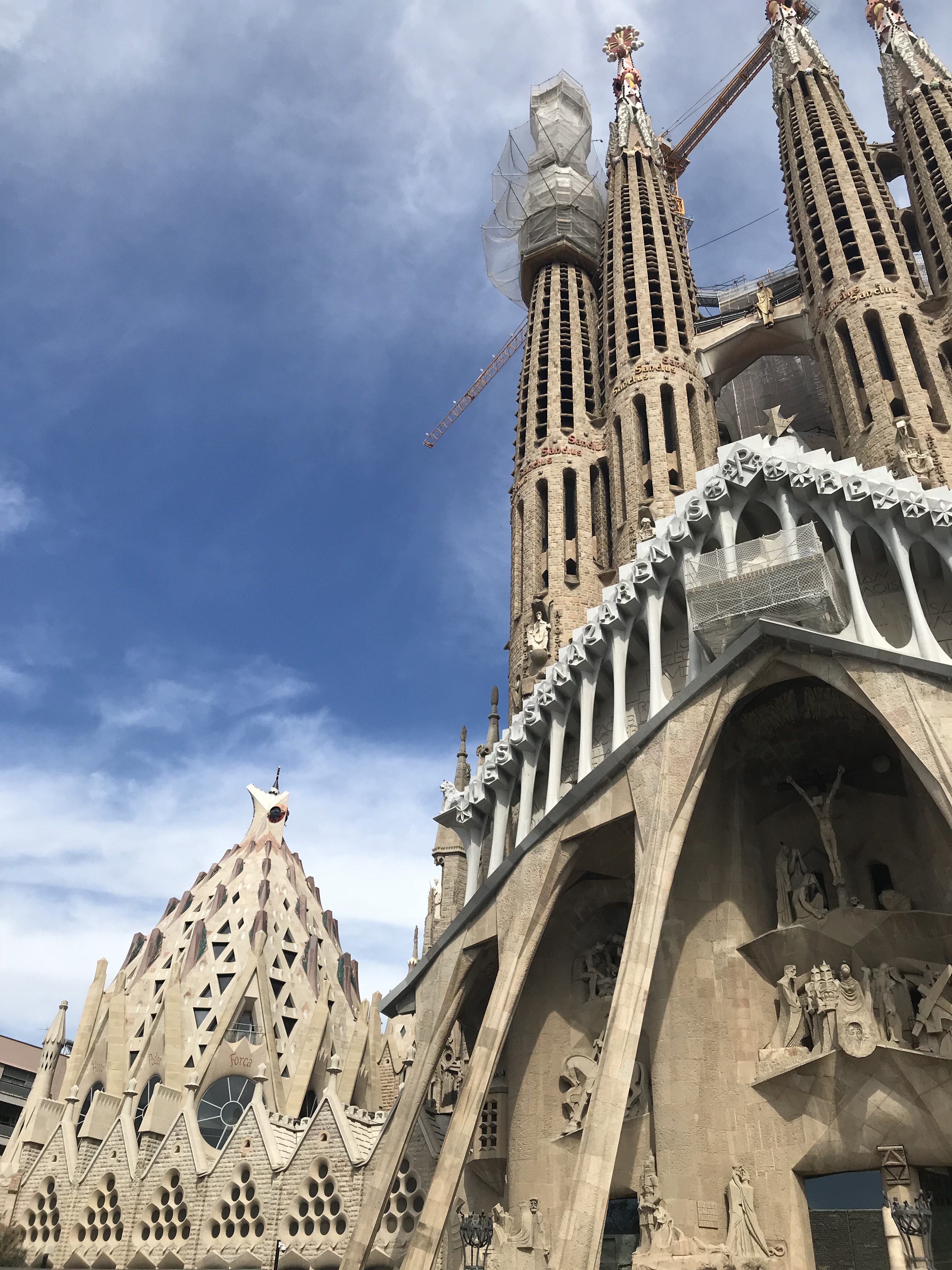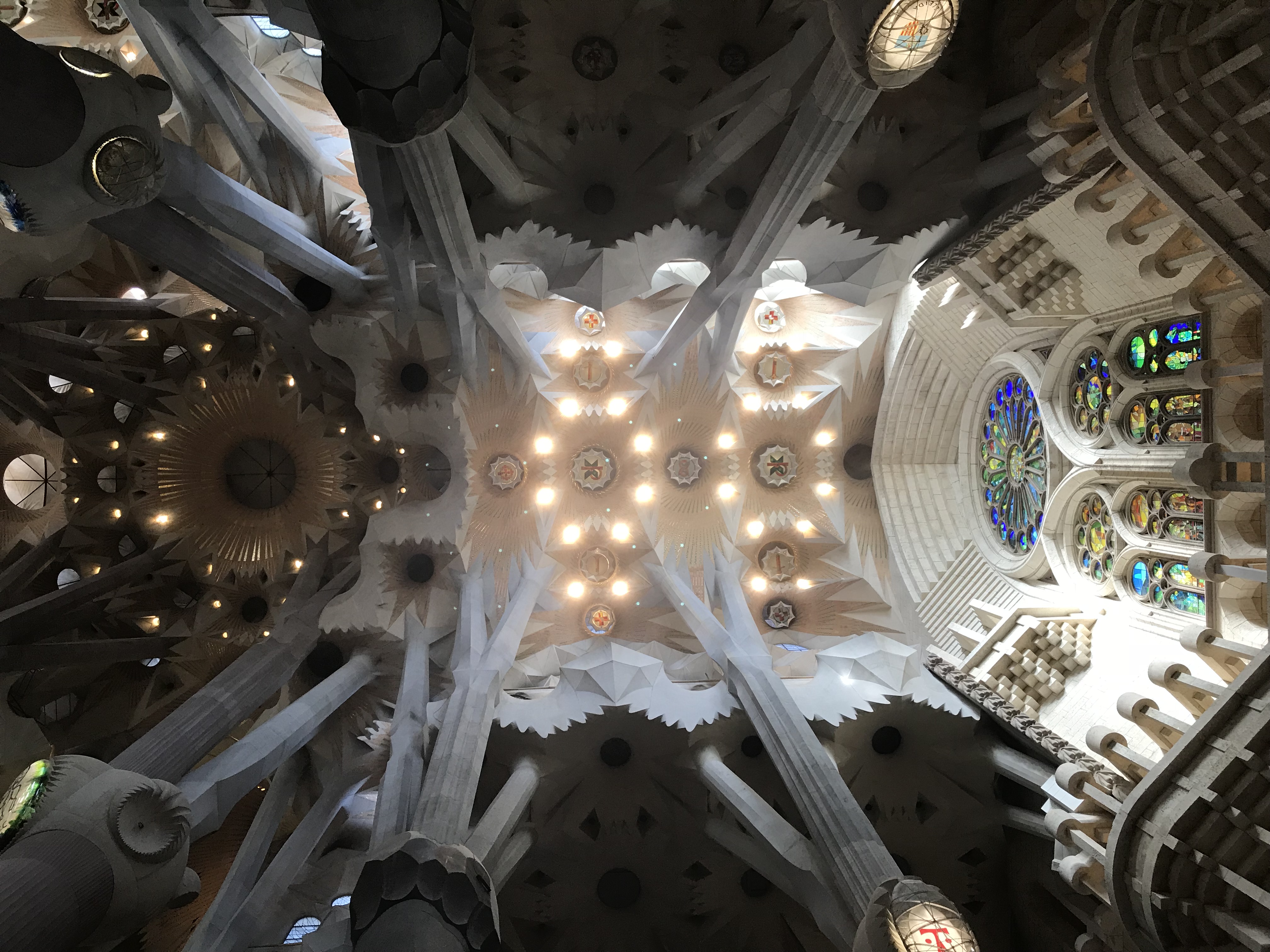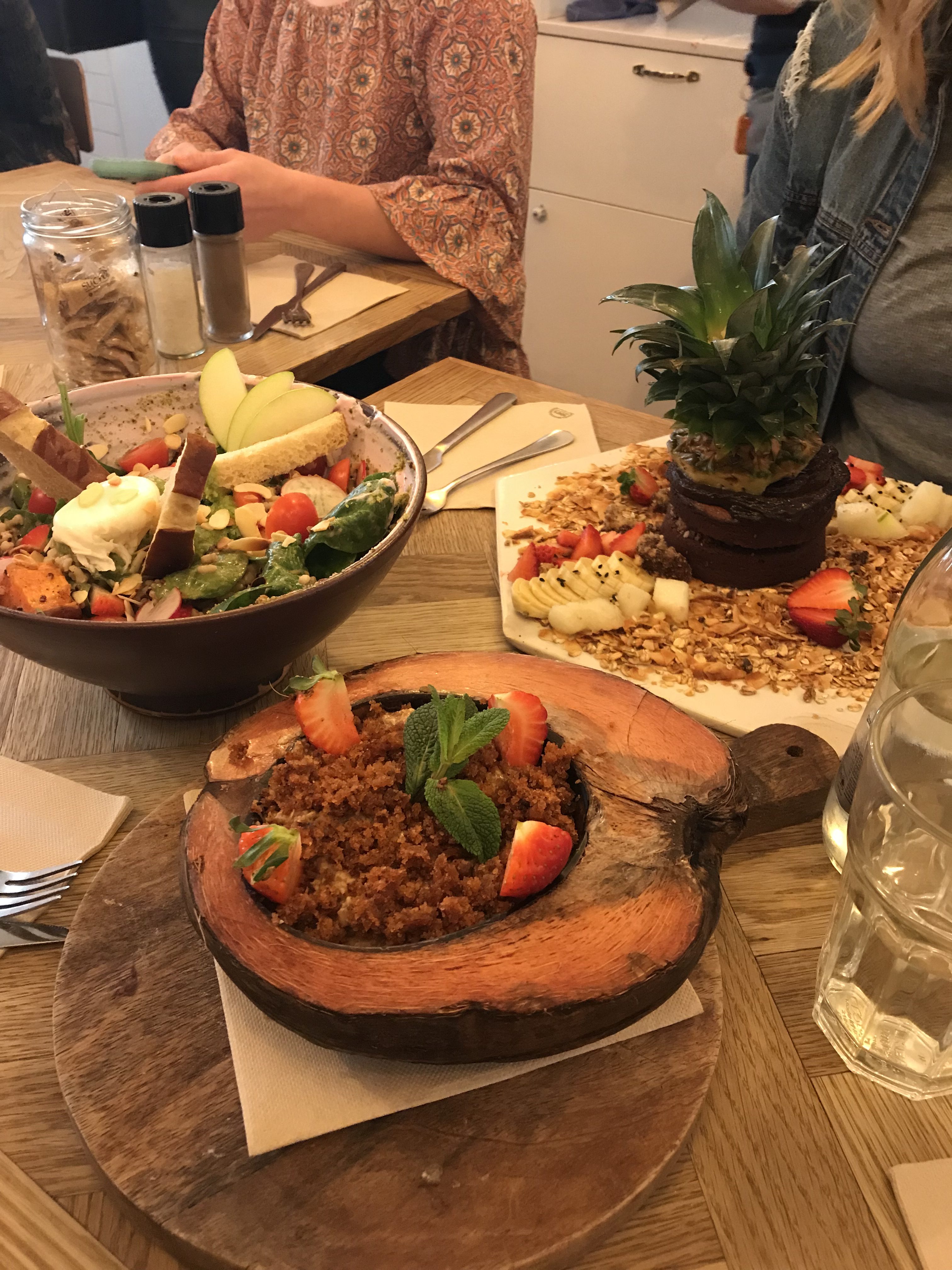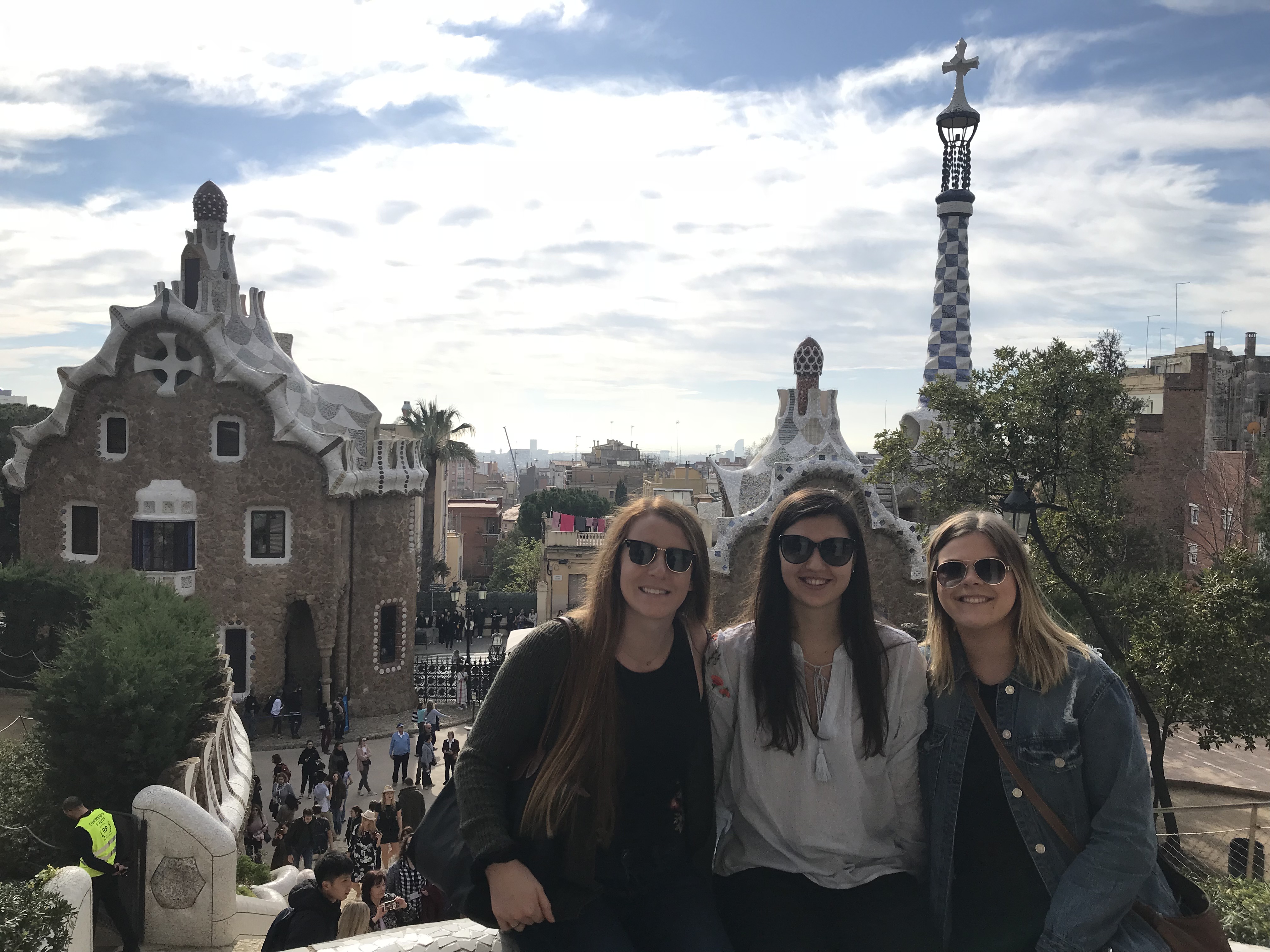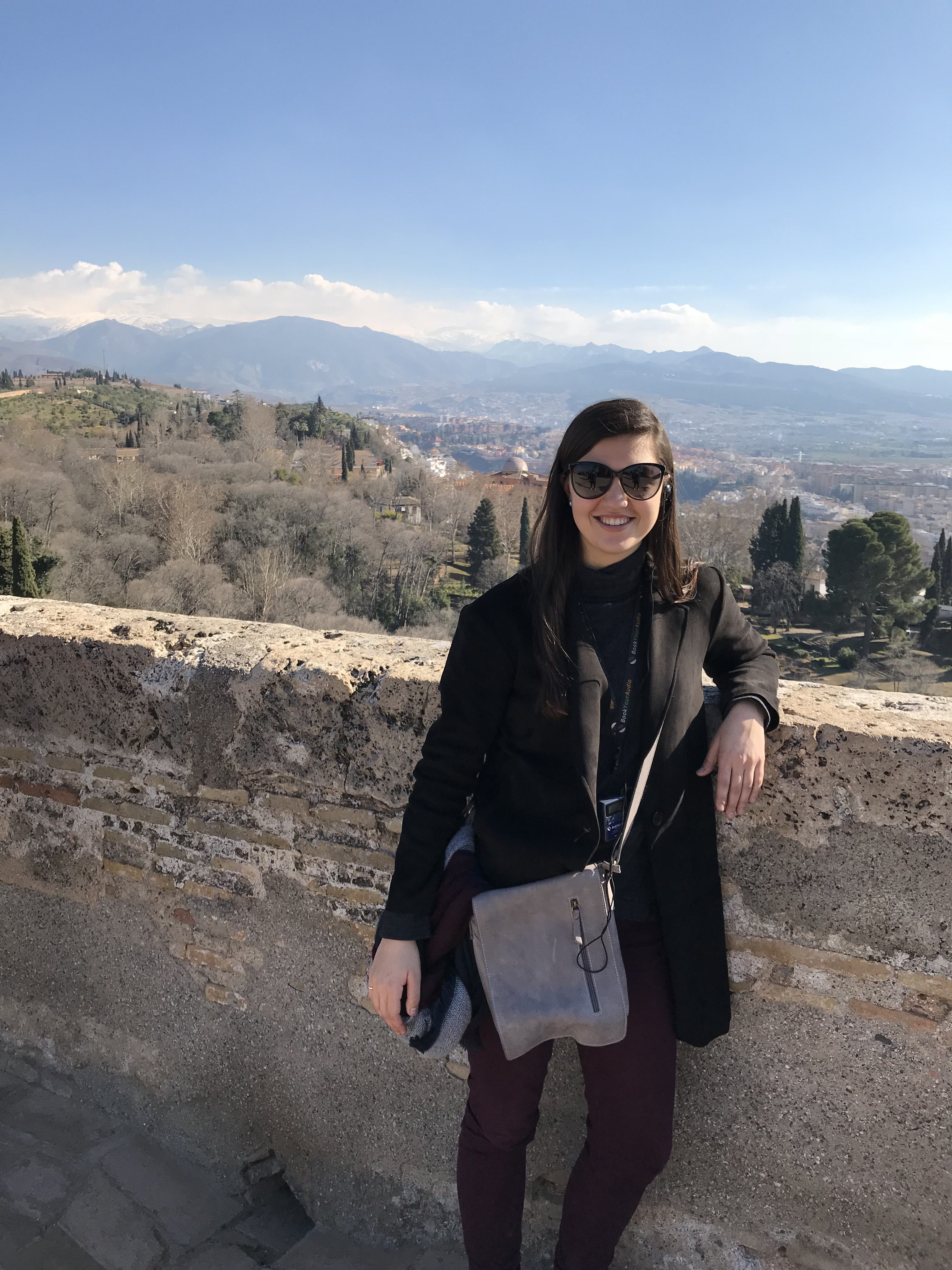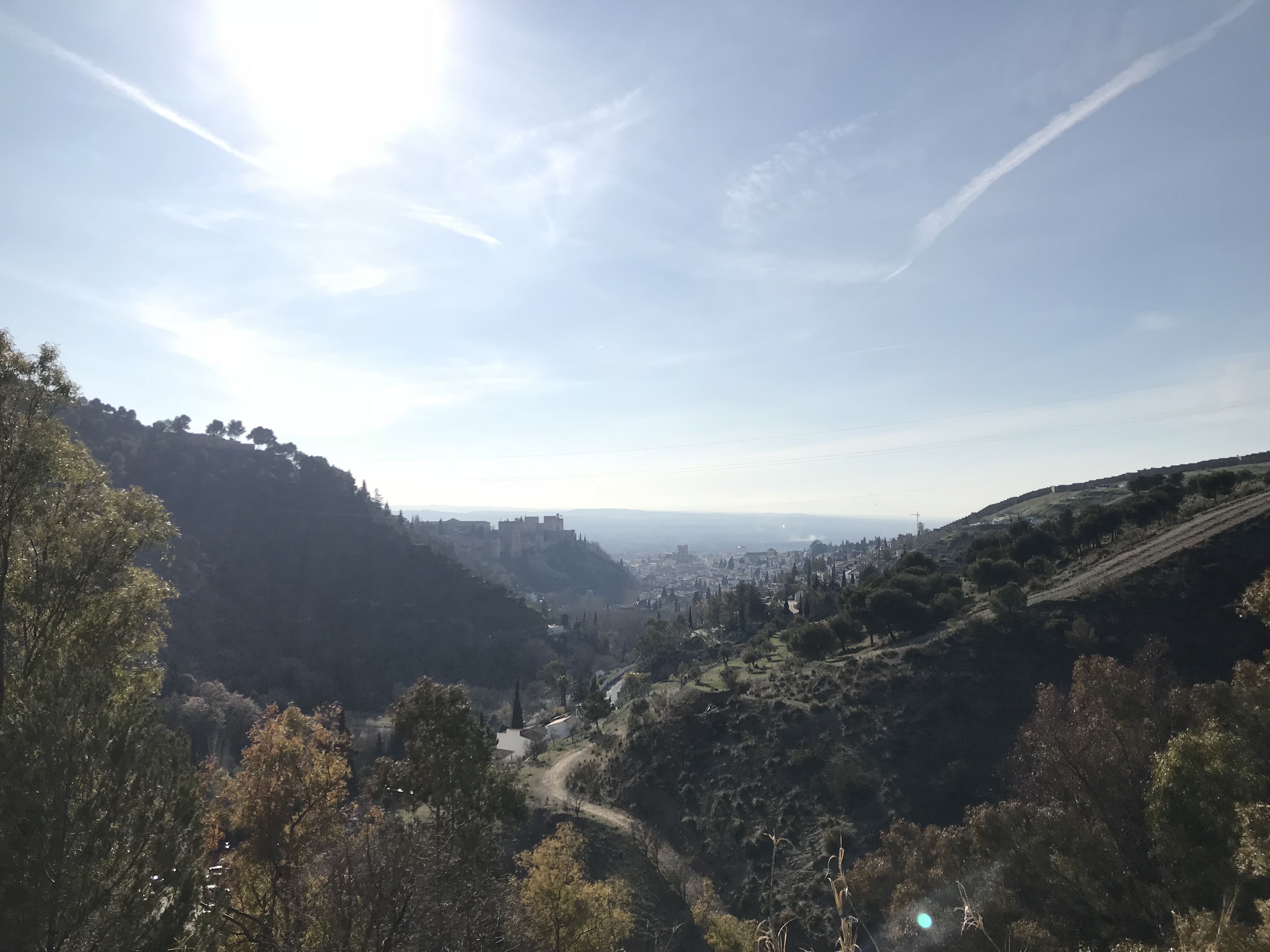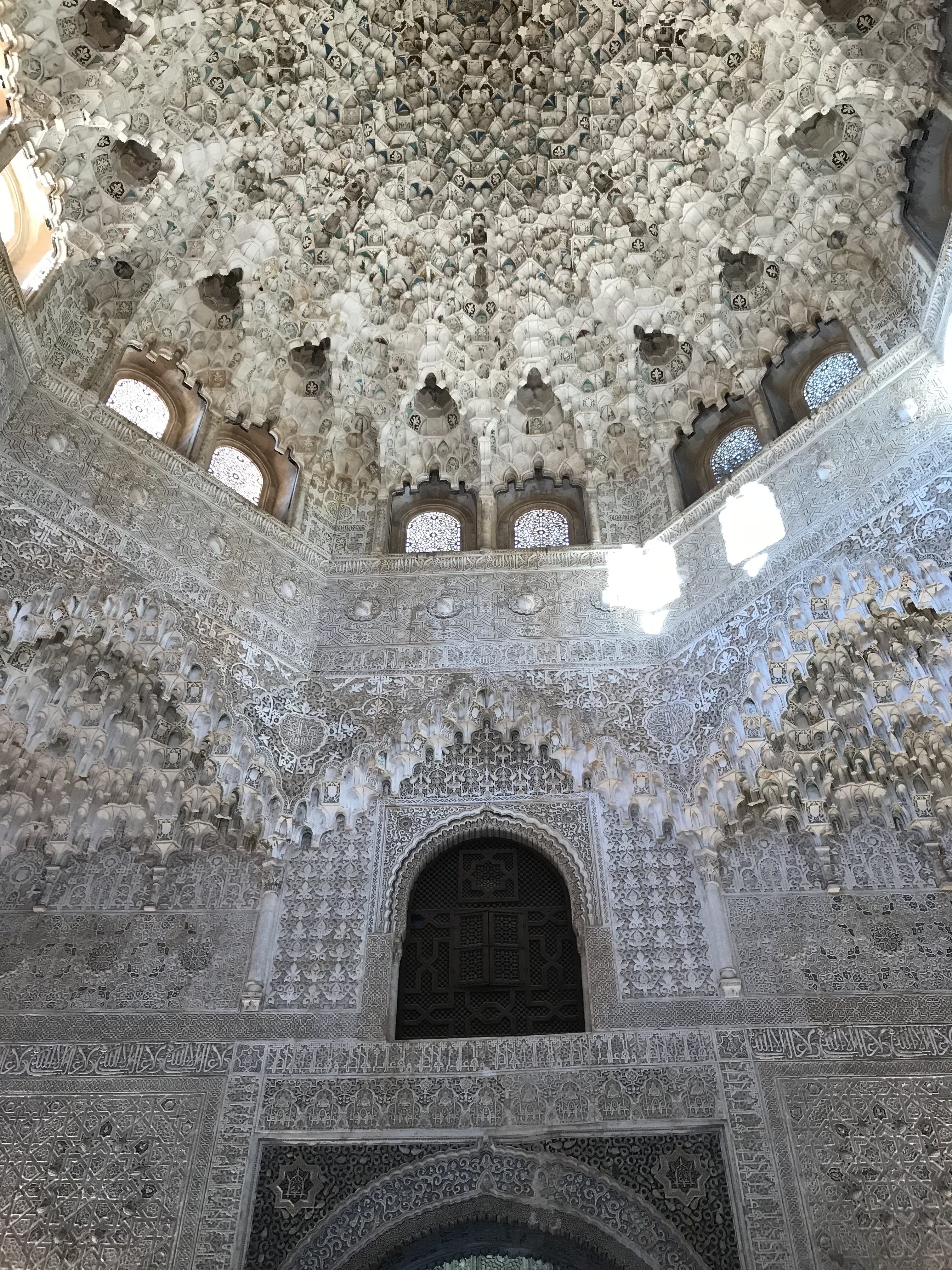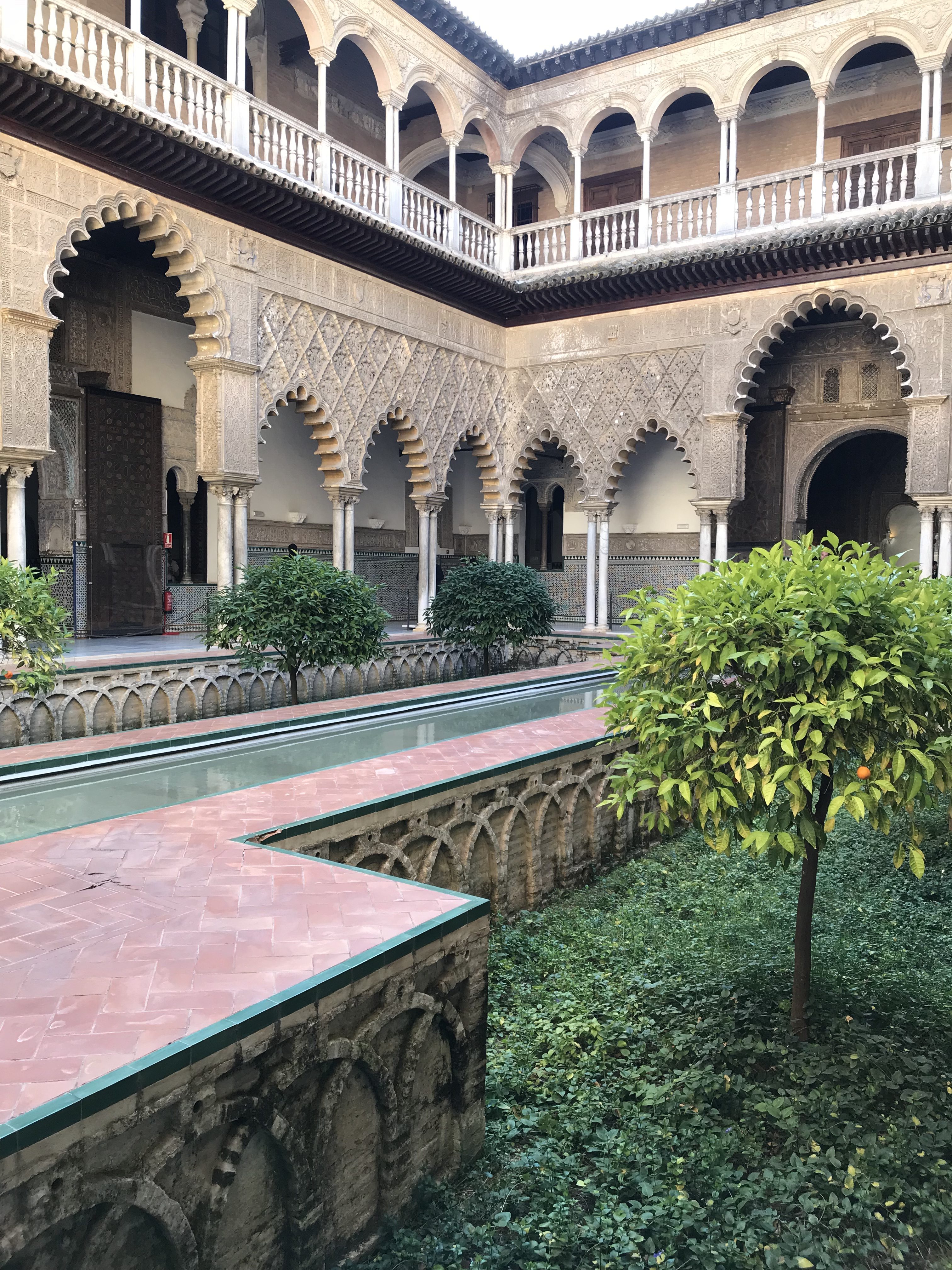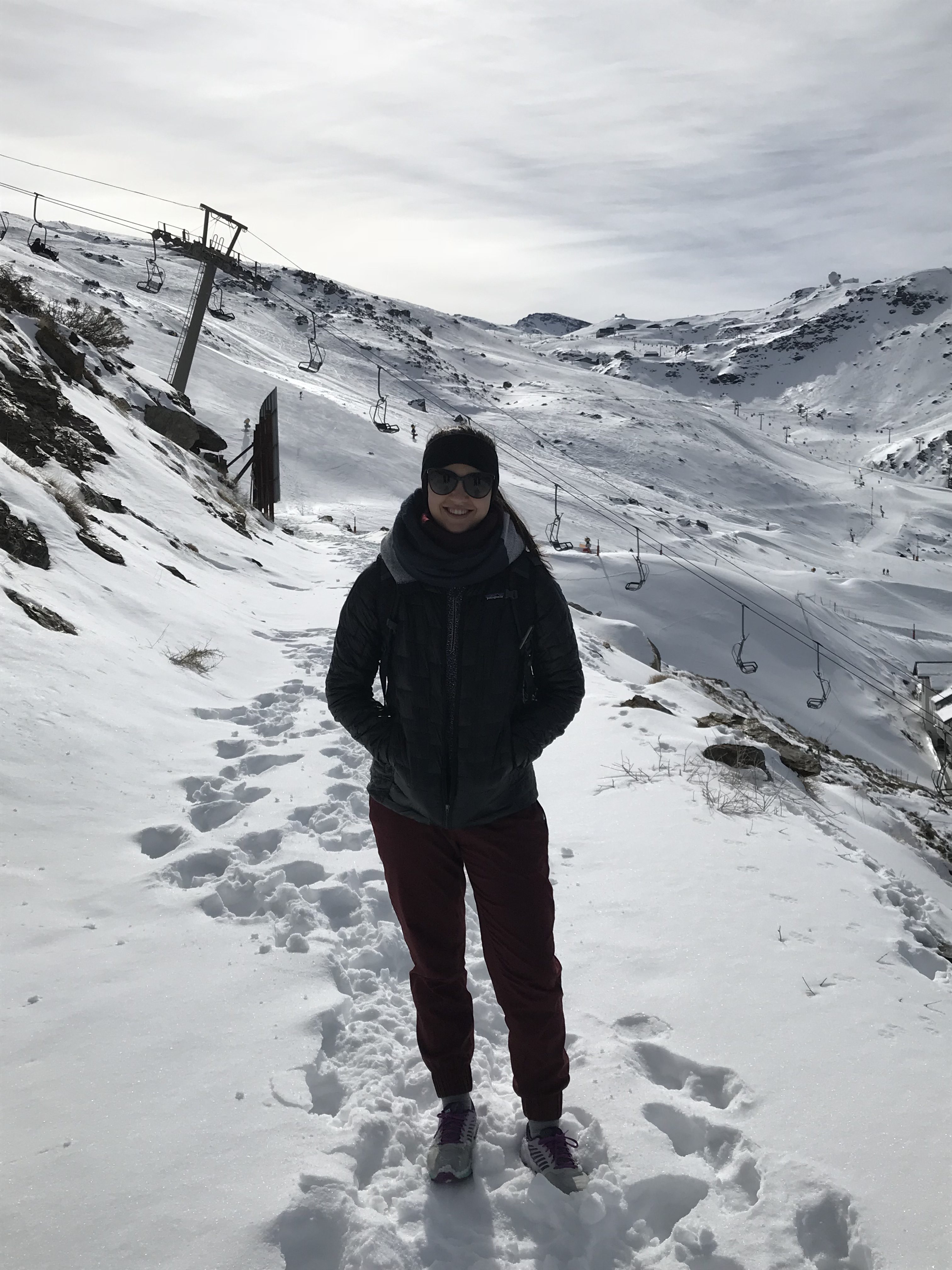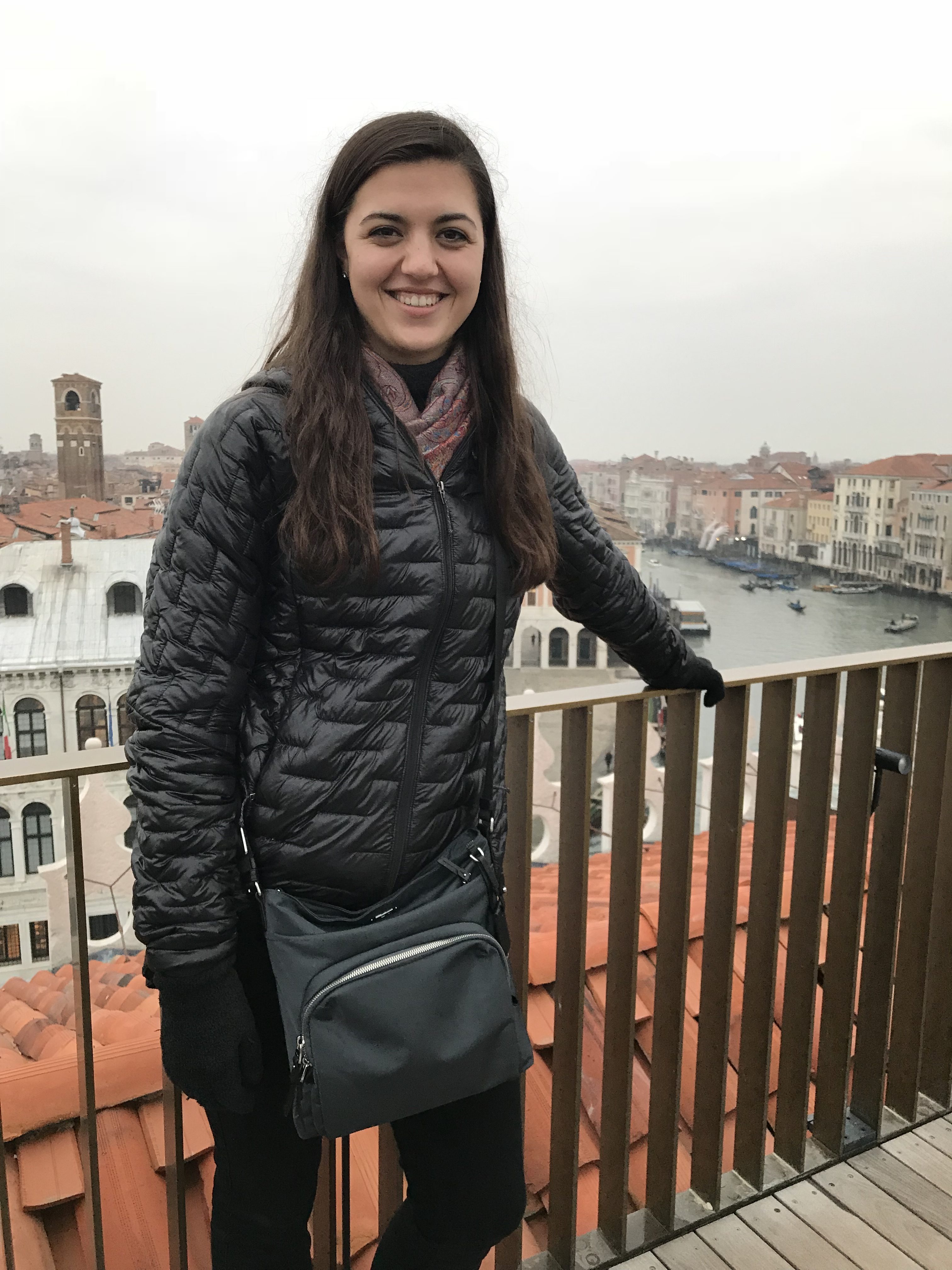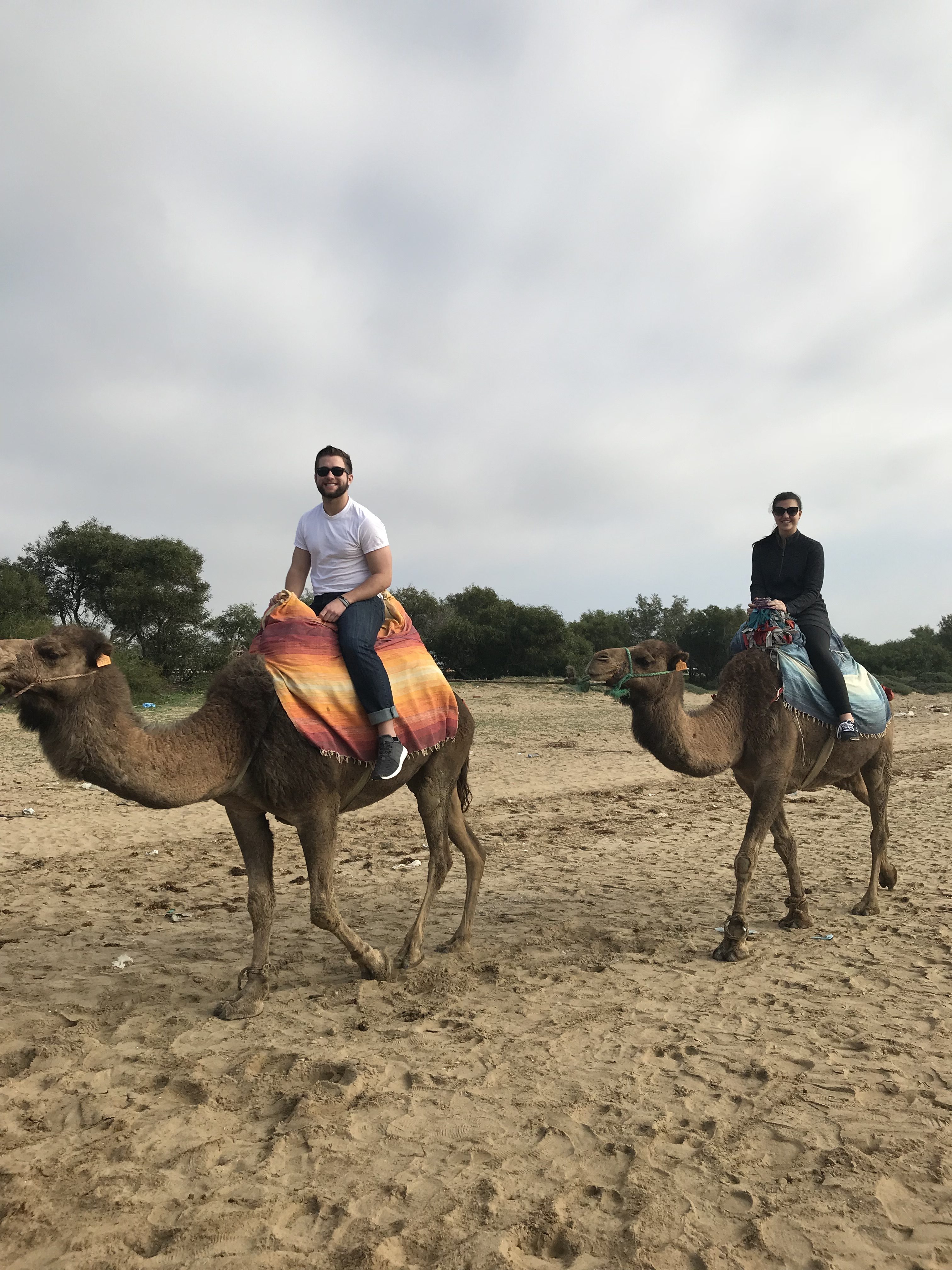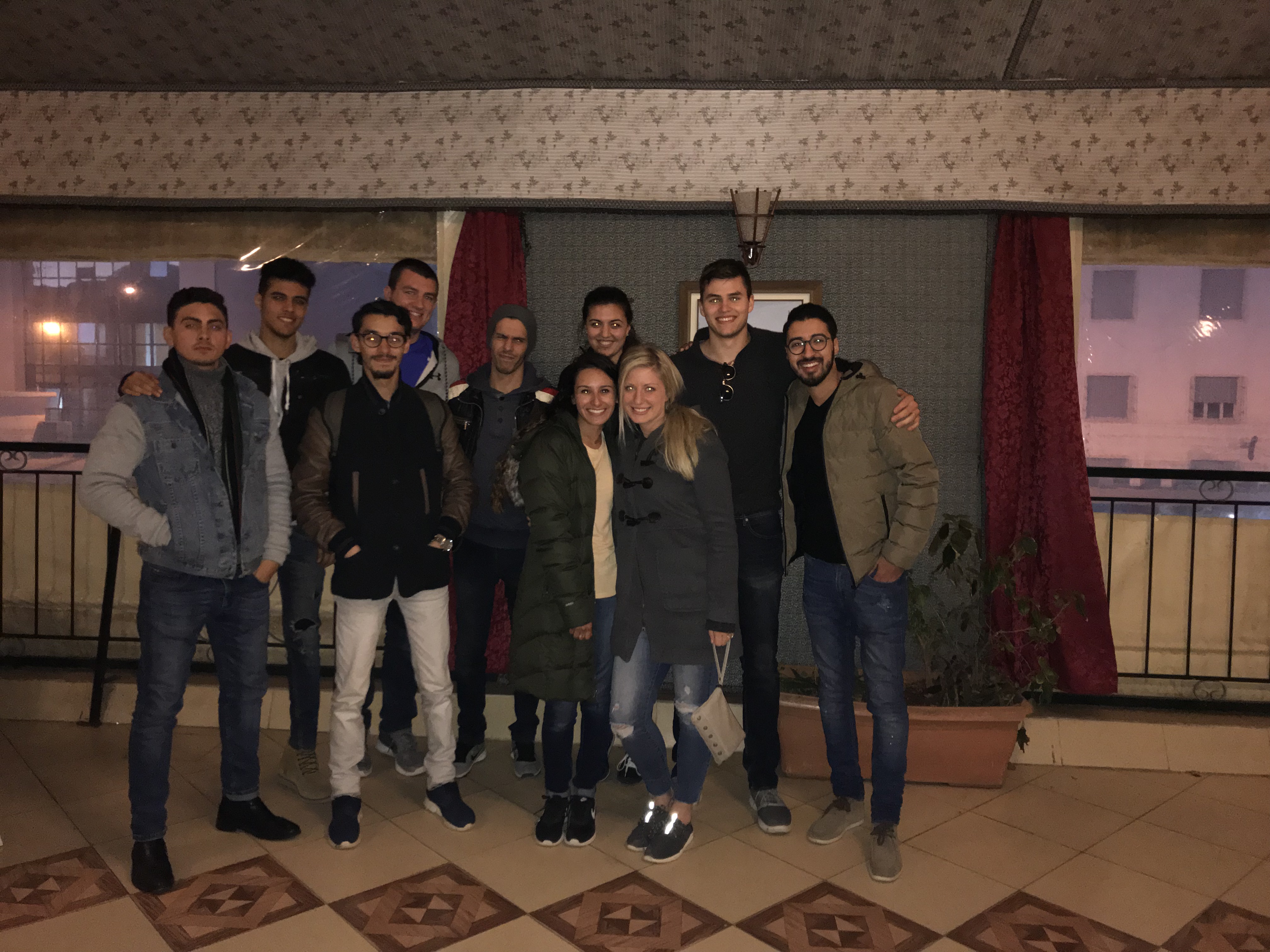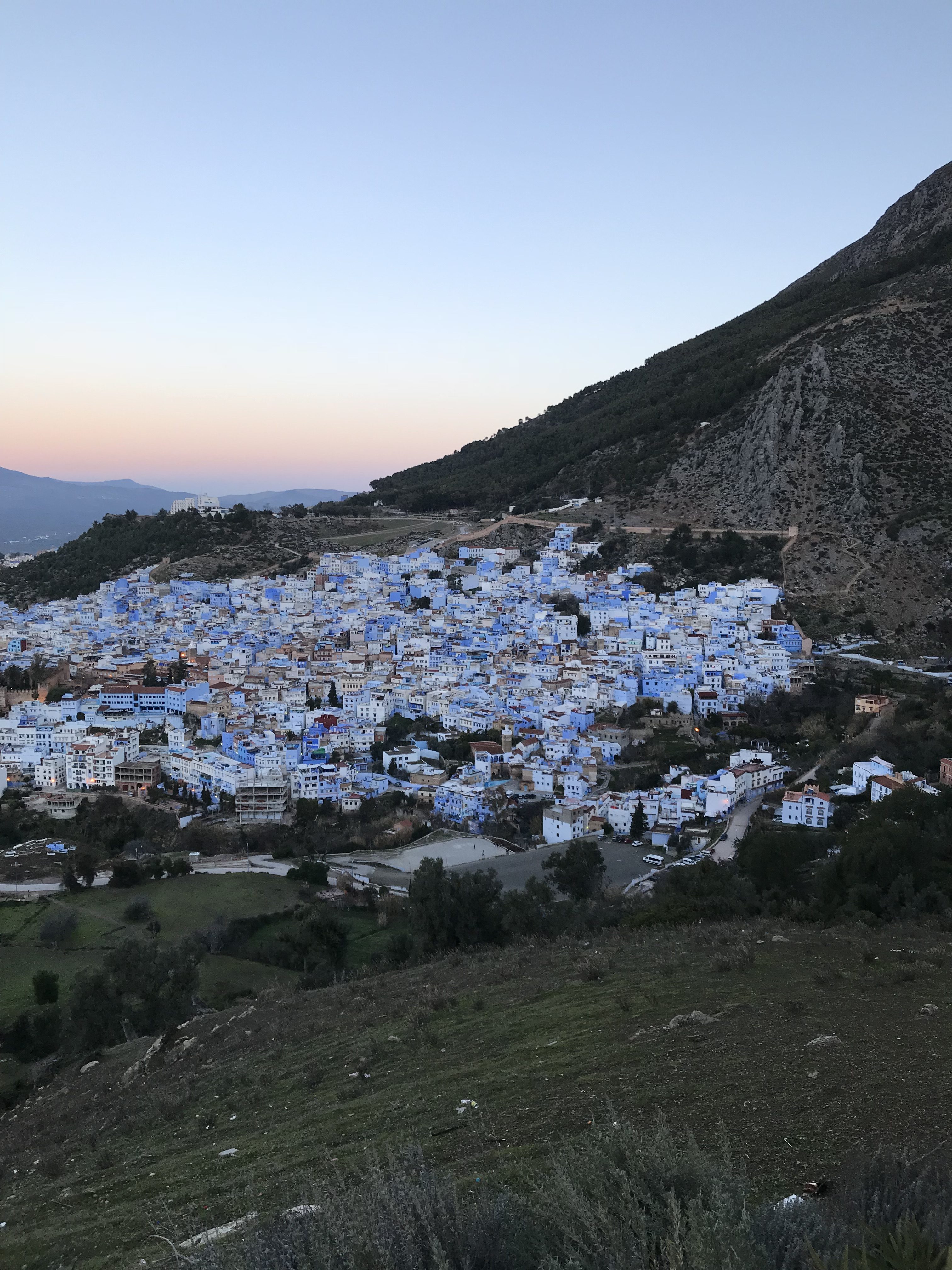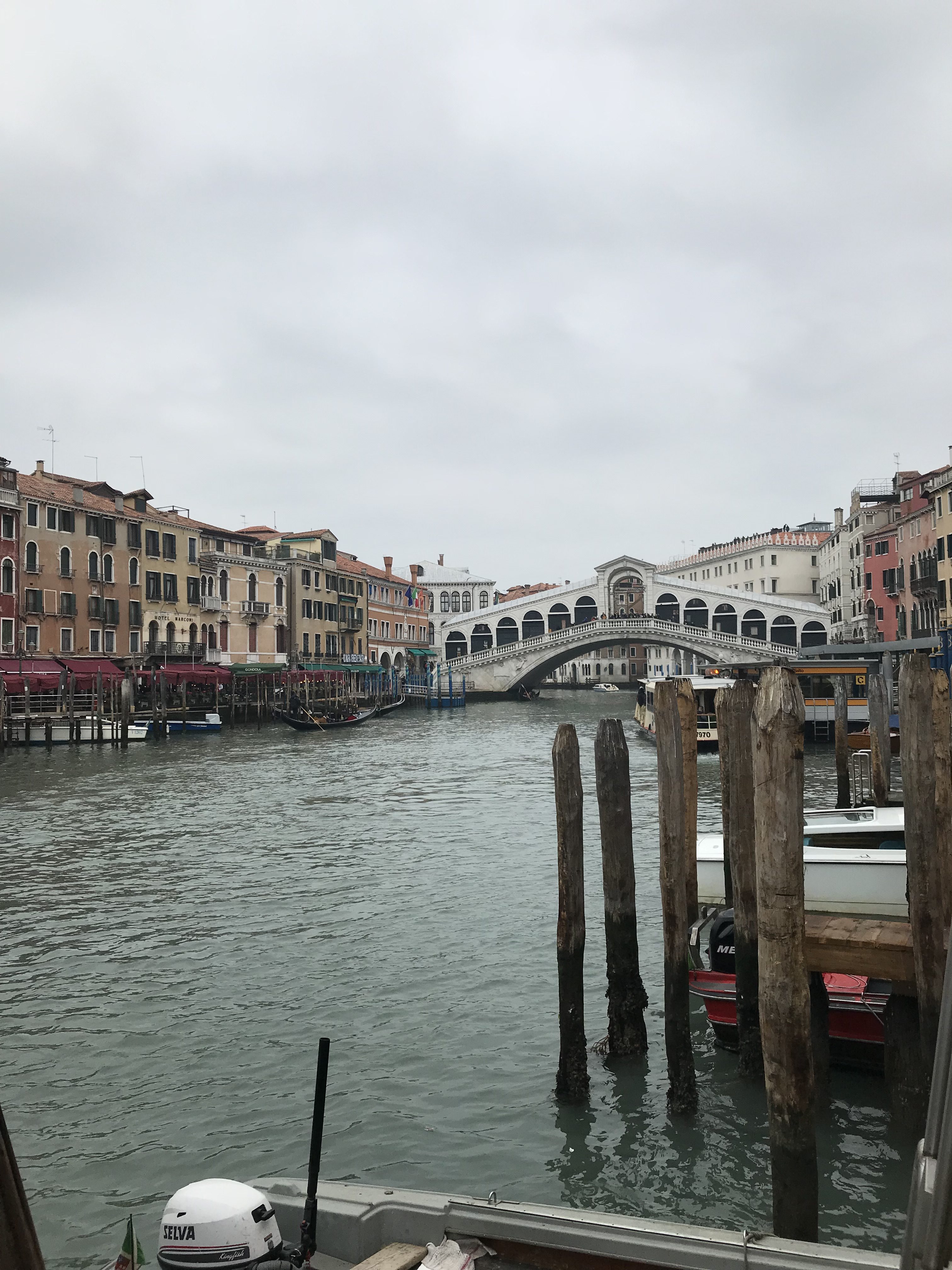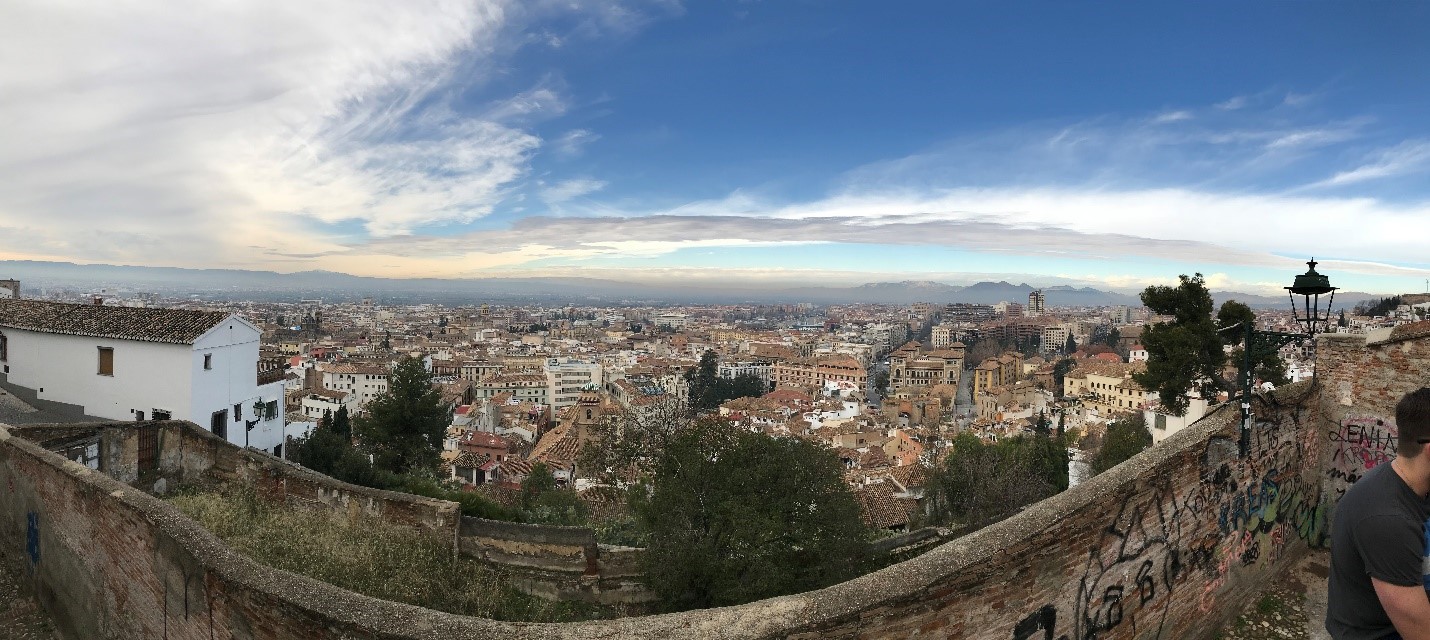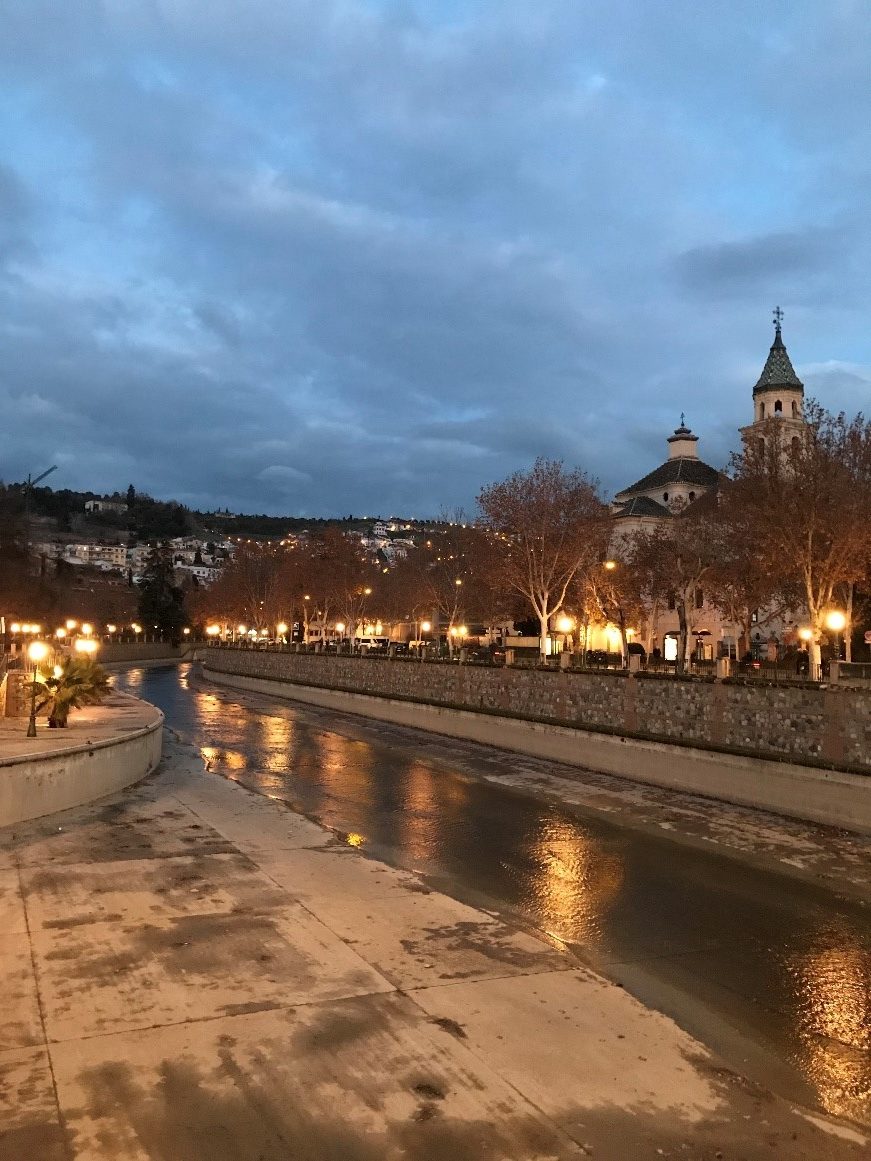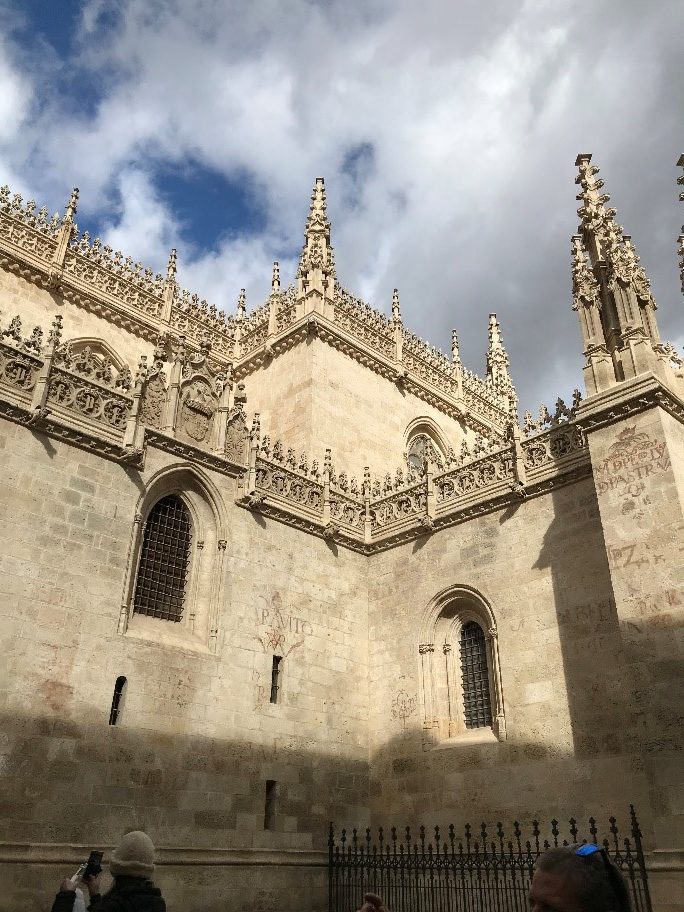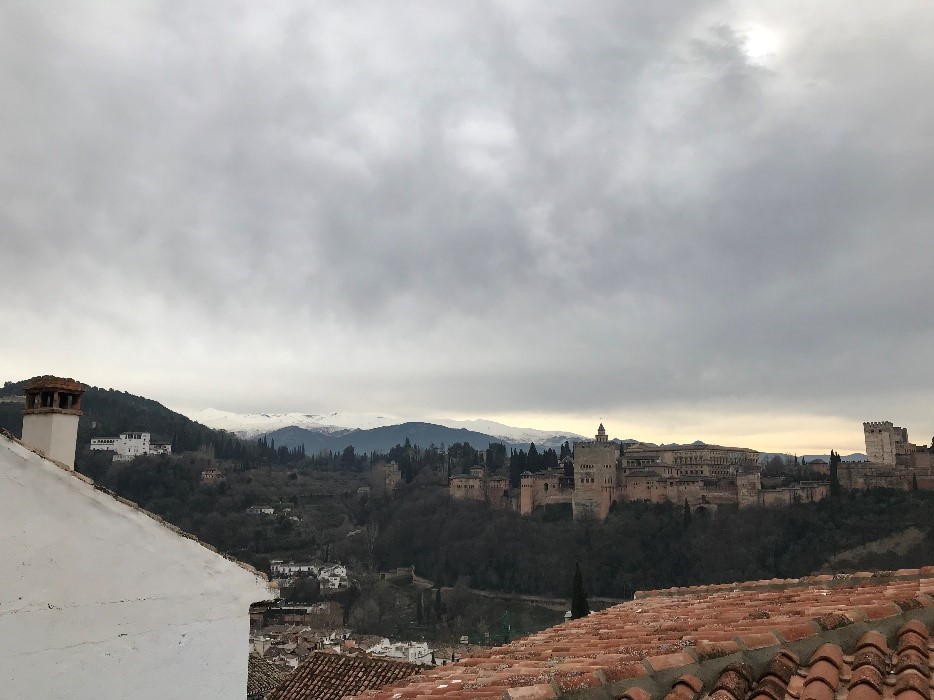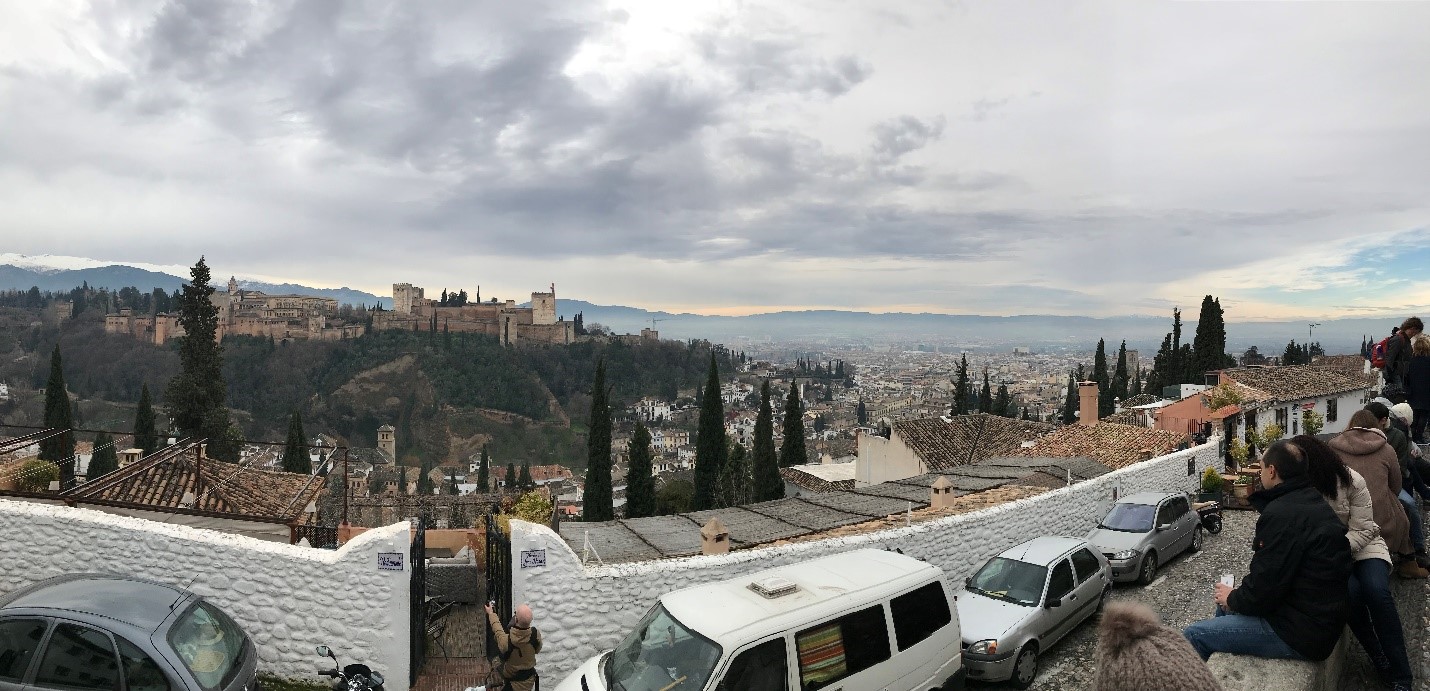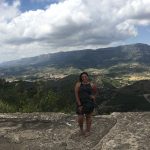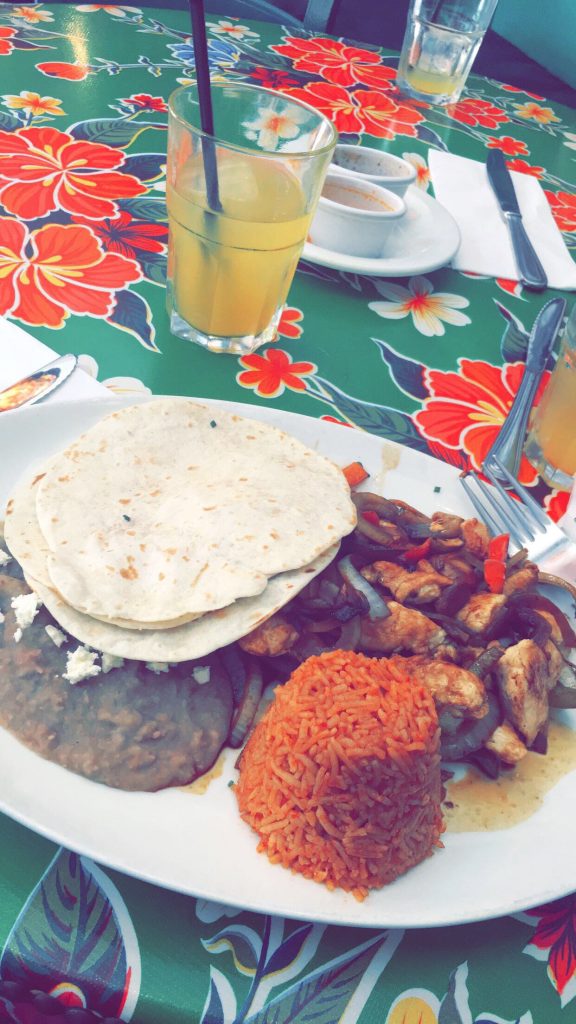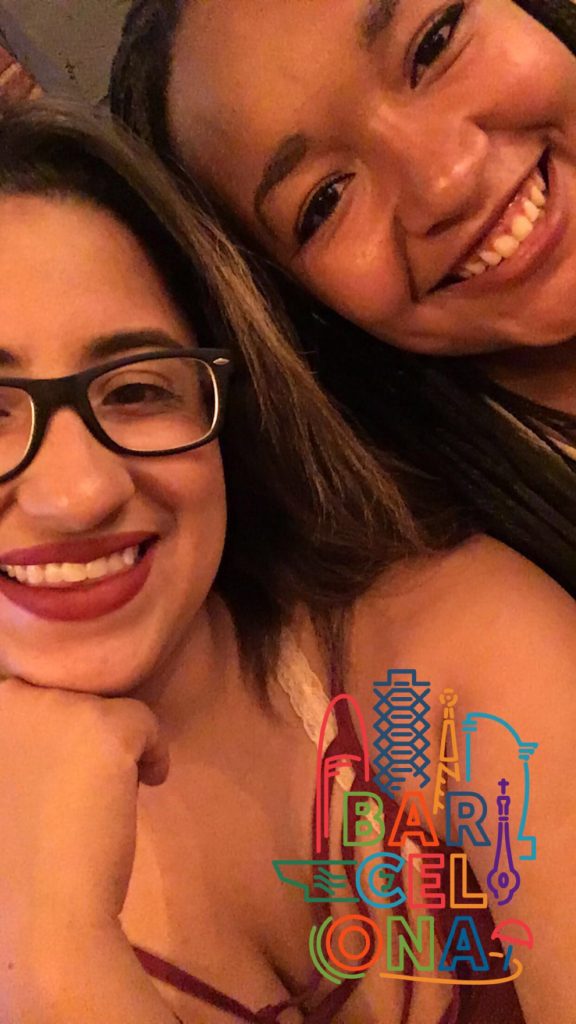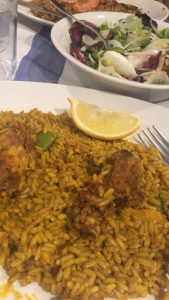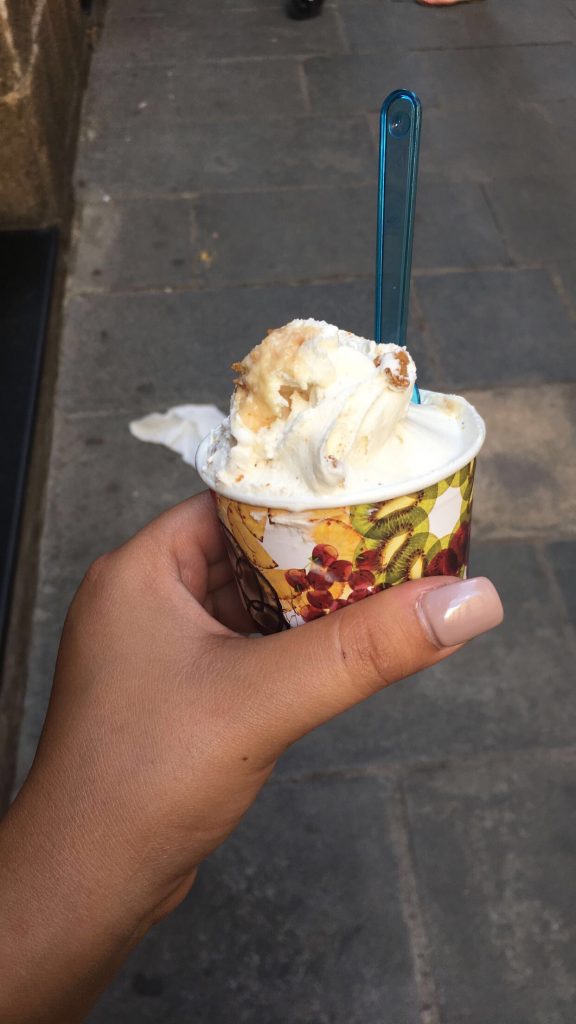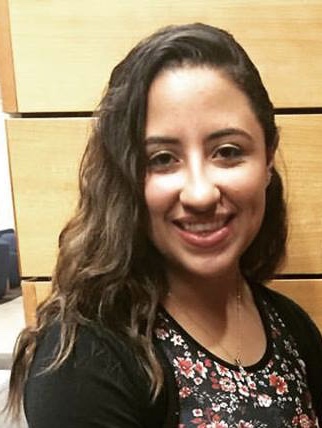Author: Gabi Neuman
Location: Granada, Spain
It’s that strange time during my study abroad experience that I feel like I’ve been here forever and that I just got here all at the same time. Being that it’s the middle of April, I’ve been in Spain for about 3 and a half months and I have just under two months left. I just got back from Paris last weekend and I leave for Germany and Switzerland in about a week and a half—needless to say life is moving along very quickly and I’ll be back in the States before I know it, which blows my mind.
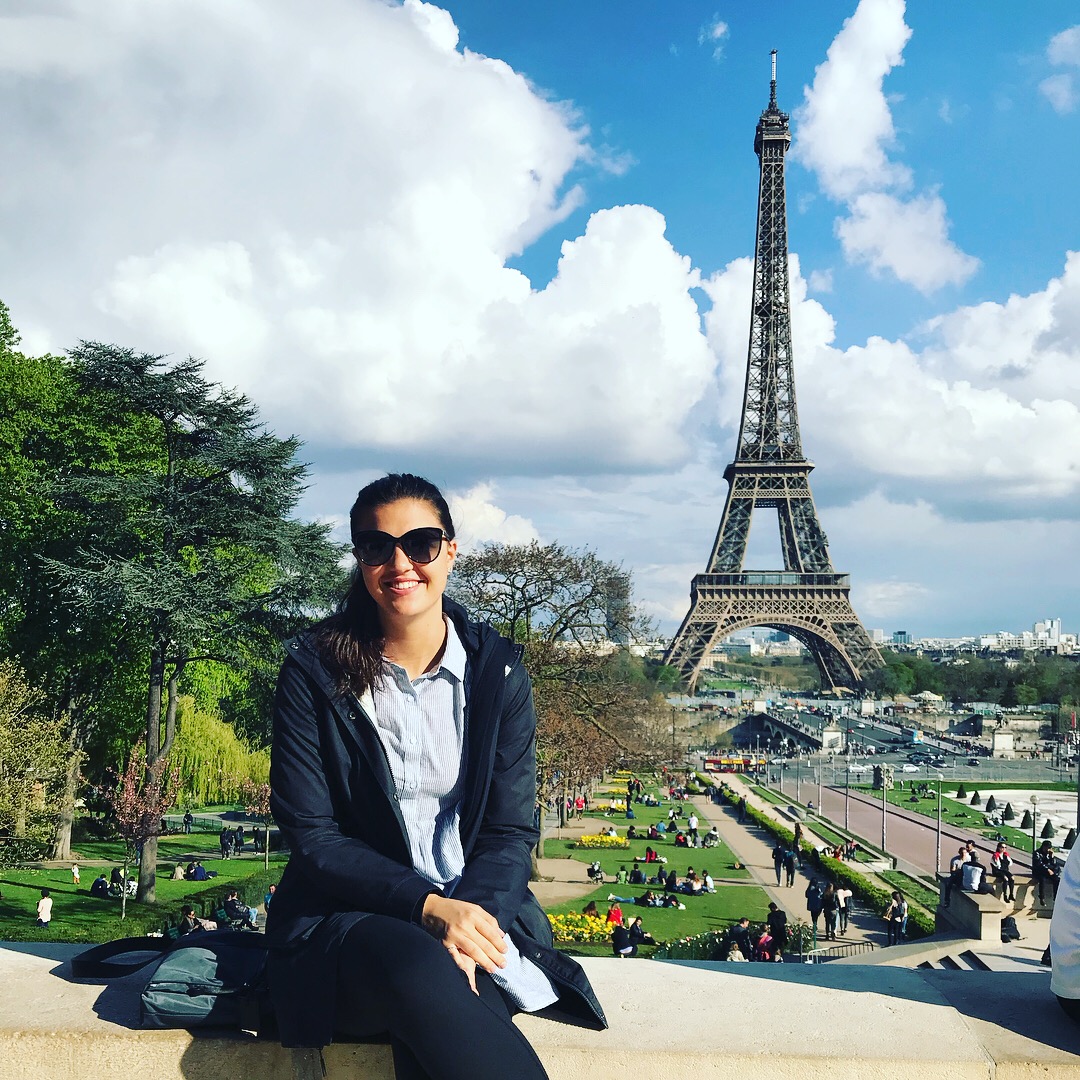
At the beginning of the semester or even more towards the middle during February and up until mid-March, I focused a lot on what I miss from home whether that be food, people, my bed, or whatever else, and I’m pretty sure that’s a normal process to go through at that point of one’s study abroad semester. However, now that I’m closer to the end rather than the beginning of my journey here, I’ve noticed myself thinking about the things I’ll miss when I go home. Here’s a quick taste of what some of those things might be:
- The plethora of stews that Carmen makes (with many ingredients I never would have eaten in the U.S.)
- Fresh oranges
- BREAD (every day for every meal)
- Walking everywhere (not when it’s raining, but nice weather is starting to make an appearance)
- Seeing the mountains on a daily basis (the highest mountain in Spain is in Granada)
- Having more down time than I’ve ever had in my life
- Meeting new people from different countries (I’ve had close to 40 international students and professors stay with my host family throughout the semester)
- Being able to travel to foreign countries for an extended weekend
- Not having class on Fridays (that’s going to be a hard one to readjust to next semester)
There are so many things I miss from home right now, but when I go back to the U.S. I know there will be things I wish I had taken advantage of or appreciated more when I was abroad. There’s so much I’ve already done in this short time, so much more to do, and a ton left to learn and appreciate about where I am now. Whoever came up with the phrase, “Time flies when you’re having fun”, sure knew what they were talking about and I hope I take advantage of the small amount of time I have left.
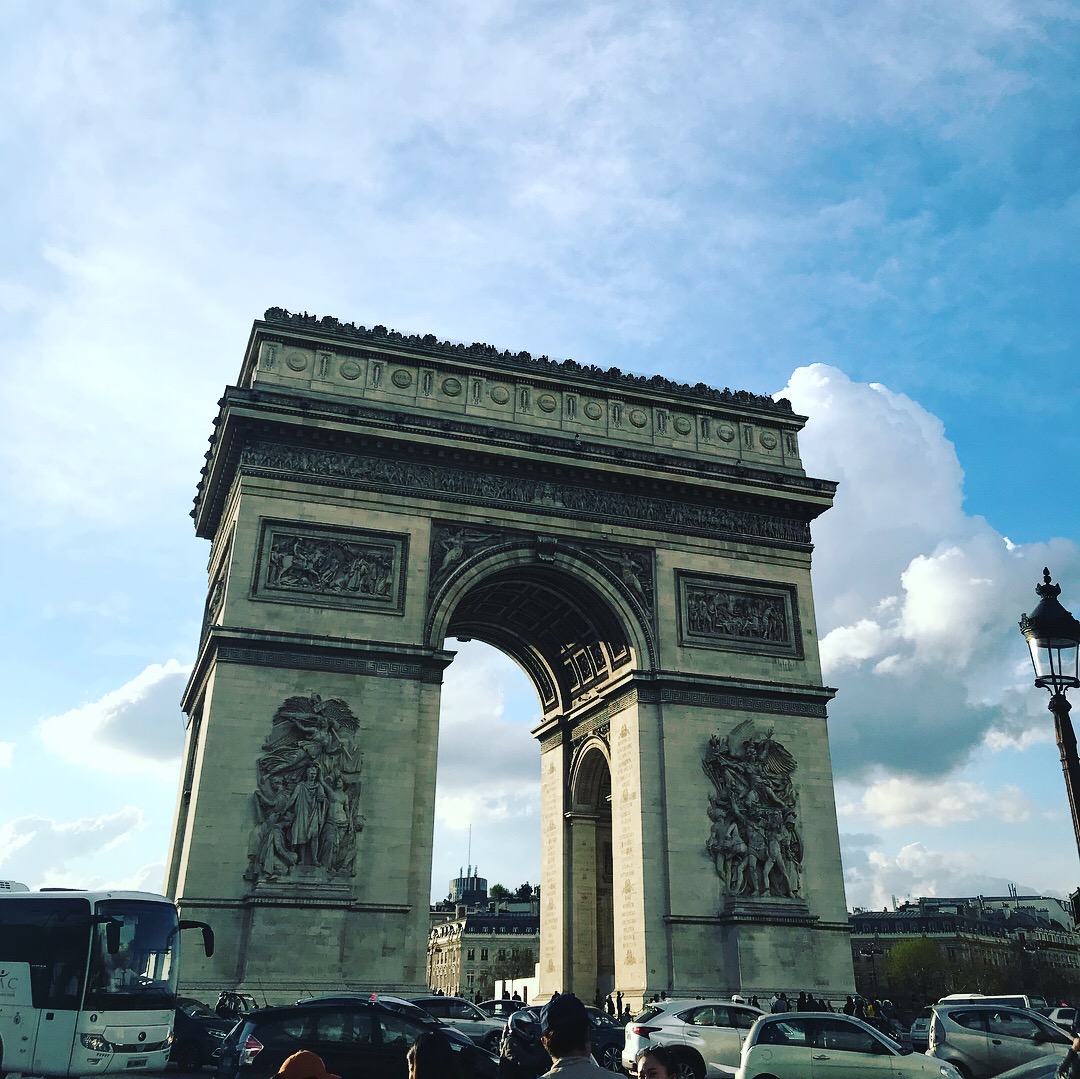
***Hope you enjoy the pictures of my time in Paris, France—it was a blast***
